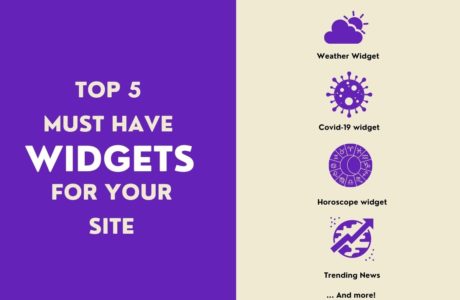Some content creators take their own sweet time in keyword research, analyze the density of various keywords and come up with a suitable set of keywords. However, on the other hand, several creators also take wild stabs and cut the time invested in the keyword research.
If you are someone who creates internet content regularly and does not invest much time in proper keyword research, you are going wrong. Your quality content may be of little use without appropriate keyword stuffing and analysis.
In this article, we will learn about proper keyword research, efforts involved in it and the effectiveness of investing time for gaining more readers.
Always remember that every article in your blog will not be the first to rank on google, but your efforts invested in searching the right set of keywords will always ensure that the viewers are reading the articles.
Here are some factors that you must consider when you are writing articles:
Keyword Research Resource Strategy
It is quite common for people to run to google directly for various ideas to pop up. However, the best practice is to come up with original thoughts initially of what needs to be gathered and later on how are things to be achieved. Once you have a rough business strategy, you can always compare it with the competitors, their ideas and get inspired from sources at google. You will come across plenty of articles and keywords that have been worked on already. As you have a prior strategy, you know which ones to consider forehead and utilize them in your content and blogs.
Target Audience Intent
Your research is of no good if you haven’t considered the user intent. Let us consider a situation where I am writing content for a fitness website, and I wish to provide tutorials for fitness. I will simply type ‘Leg Exercise’ in the google search box.

You can see that I will come across several exercises for legs. However, if I filter it more and search for ‘Leg Exercise Squats’, I can get more specific results.

It just took me one more word to be added in the search box, and Google instantly came up with more relevant results. This is how you can get an idea of the user intent quickly. Don’t miss this step!
The objective of your blog and articles
Being a publisher, you must be focusing on showcasing a variety of content on your site, adding a plethora of keywords to it and gaining more and more users. But before that, it is essential to ask yourself a set of questions that an average user must be looking for while searching suitable content. Let us again consider that you are trying to sell fitness tutorials through your content.
Here is the set of questions you should ideally have:
- Are you providing pre-paid workout plans?
- Do you provide online and offline consultation?
- Do you also offer a diet plan along with workouts?
- Who are the trainers for the sessions, and what are their qualifications?
- If you have special workouts planned for various people, what are they?
- What is the cost of your complete workout package?
Overall, you need to keep track of all the essential topics that you will display on the blog that gives your potential customers clarity of what you do and how you do it.
Keyword relevance
Once you have created a set of questions, it is time to answer them with your blogs. For these blogs to rank, you need the right set of relevant keywords. Here is when you combine the questions and user intent and pick the right set of keywords. You can use various paid and free tools for the same such as keyword planner, keywordtool.io and more. Keep a note of listed things while you search for relevant keywords:
- Organic Search
- Trends
- Phrase Matching Keywords
- Related Keywords
Long-tail keywords are equally essential for your articles that may contain three or more words in it. One easy way to find out long-tail keywords is by scrolling down on the Google search result page for a similar keyword that you are focusing on.
Let’s consider an example here for the keyword ‘Leg Workout’. Here is the set of related long-tail keywords that you can utilize.

Filtering out keywords
Once you are ready with your keywords listed, it is time to filter them and utilize subtly in your blogs. Always remember that keyword stuffing shows a negative impact while google crawling as well as while the reader is reading the blogs. Prioritizing the right set of keywords based on your audience will always be helpful. Here are some ways to take care of it:
Focus on the search volume of the keywords. Usually, when you come up with a set of short and long-tail keywords, both have the benefits. Your ultimate goal is to keep the users coming to your site. Hence a balance of long and short keywords is essential. Pick a set of keywords with optimum search volume. If a short keyword has an extremely high search volume, it becomes difficult for the same to rank. Hence you can pick a long-tail keyword in that case. Always remember to balance the keywords without overstuffing that might compromise with the readability of the content.
Your competitor is the best source for you to learn and get a better insight for using a particular set of keywords for your site and blogs. Studying your competitor sites and coming up with unique and fresher content can help you in gaining more organic traffic. You are free to use various online tools for knowing more about organic competitors. Along with this, using Google Trends to get a clear picture of keywords with high or low volume, and their utilization is always your choice.
If you follow the listed steps to come up with the right set of keywords, you can come up with content that attracts more users. Once you start your journey, you will be able to explore more content and newer keywords for future.
We at Readwhere CMS work hard to help publishers so that their content gains more viewers and revenue. If you are looking for a full-fledged solution for your site with exciting features, we are just an email away. Write to us at helpdesk@readwhere.com and we will get back to you.




